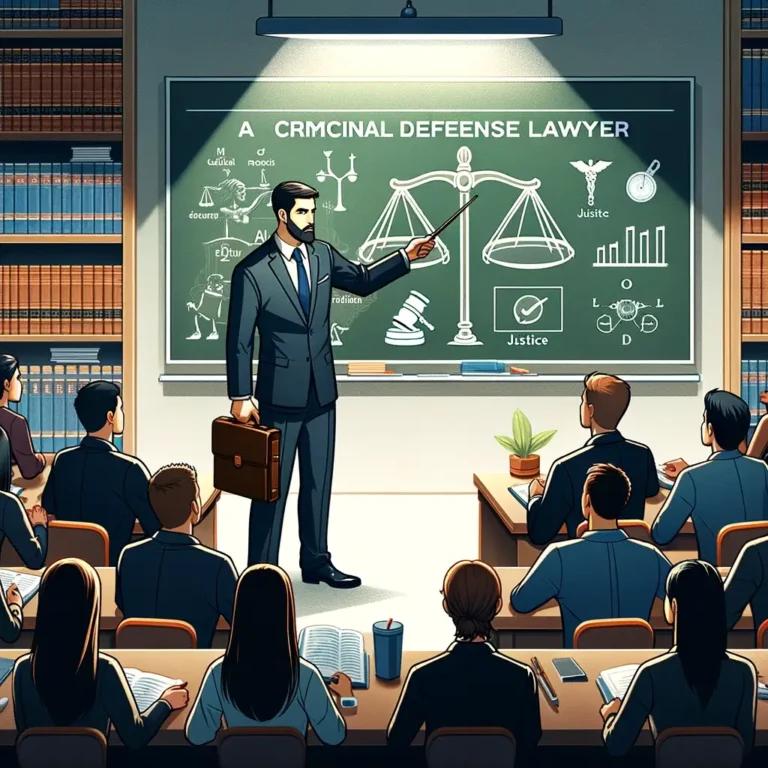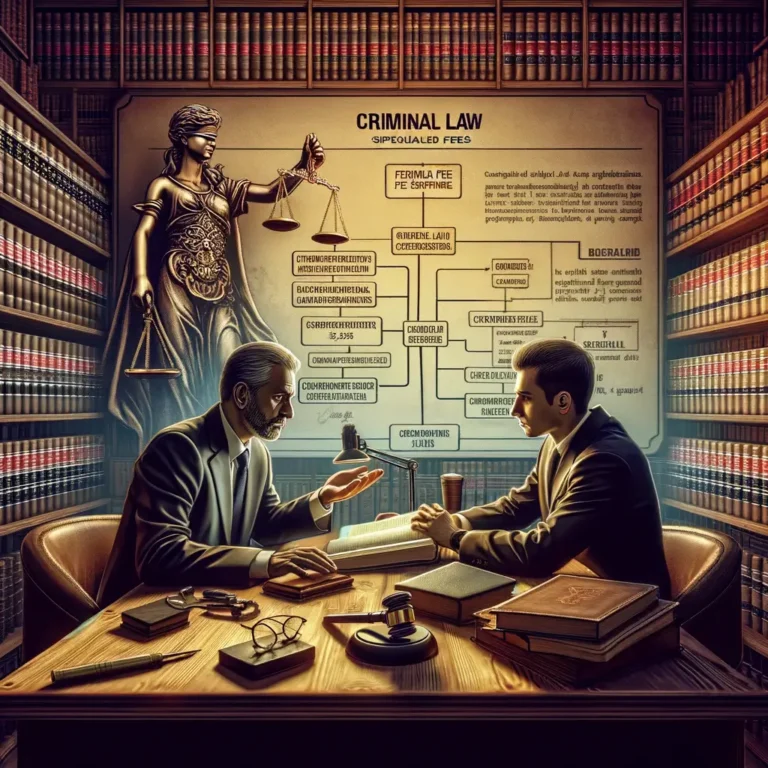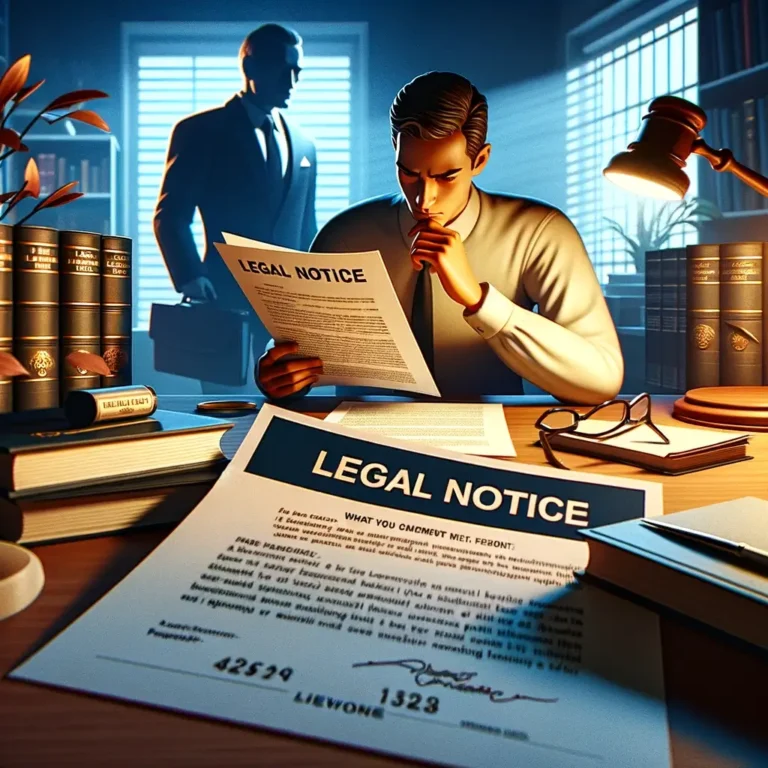In this article we have explained the Role of Child Sexual Abuse Attorney
Child sexual abuse is a heinous crime that leaves lasting scars on survivors. In India, where the legal system is complex and often intimidating, the role of a child sexual abuse attorney is crucial. These dedicated professionals navigate the legal landscape to ensure justice for the young survivors, advocating tirelessly on their behalf. This article provides an overview of how child sexual abuse attorneys operate within the Indian legal framework, highlighting their importance and the critical support they offer to survivors and their families.
Child Sexual Abuse Attorney: Advocating for Survivors
The Importance of Specialized Legal Support
Child sexual abuse cases require a nuanced understanding of both the legal aspects and the sensitive nature of the crime. Attorneys specializing in this field are not just legal practitioners but also compassionate allies who stand by the survivors throughout the legal process. Their expertise extends beyond courtroom proceedings, offering emotional support and guiding the survivors through the healing process.
Navigating the Indian Legal System
The Indian legal system has specific laws designed to protect children from sexual offenses, notably the Protection of Children from Sexual Offences (POCSO) Act, 2012. A child sexual abuse attorney must be well-versed in these laws, ensuring that every legal avenue is explored to bring perpetrators to justice. They play a pivotal role in making the legal process less traumatic for the child, ensuring confidentiality and that the child’s rights are always front and center.
Legal Framework and Challenges
The POCSO Act, 2012
The POCSO Act was a significant milestone in India’s fight against child sexual abuse, offering a child-friendly legal framework. It not only defines sexual offenses against children comprehensively but also provides for the establishment of Special Courts that expedite trials of such cases. Child sexual abuse attorneys are adept at leveraging the provisions of this act to protect the interests of their young clients.
Challenges in Legal Proceedings
Despite the protective legal framework, several challenges persist, including delays in the legal process, societal stigma, and the re-traumatization of survivors during court proceedings. Attorneys specializing in child sexual abuse cases are often at the forefront of addressing these challenges, advocating for reforms and supporting their clients through the adversities of the legal journey.
The Path to Justice and Healing
Advocacy Beyond the Courtroom
Child sexual abuse attorneys do more than represent survivors in court; they advocate for broader societal changes. This includes raising awareness about child sexual abuse, pushing for legal reforms to make the justice system more accessible and protective of children, and working with non-profit organizations to provide holistic support to survivors.
The Role of Support Systems
The support system around a child survivor, including family, counselors, and the legal team, is vital for healing. A child sexual abuse attorney often becomes part of this support system, guiding the survivors towards resources that can help them heal and rebuild their lives.
Conclusion
Child sexual abuse attorneys in India play an indispensable role in advocating for survivors, navigating the complexities of the legal system to seek justice, and supporting the healing process. Their dedication not only brings perpetrators to account but also highlights the societal need for increased protection and support for child survivors of sexual abuse. As awareness grows and legal frameworks strengthen, the hope is that more survivors will find the justice and healing they deserve.
Final Note
The work of child sexual abuse attorneys in India is critical in ensuring justice for survivors and advocating for their rights and well-being. Through their specialized knowledge and compassionate approach, they stand as vital allies in the fight against child sexual abuse, paving the way for a safer and more just society for children.
















